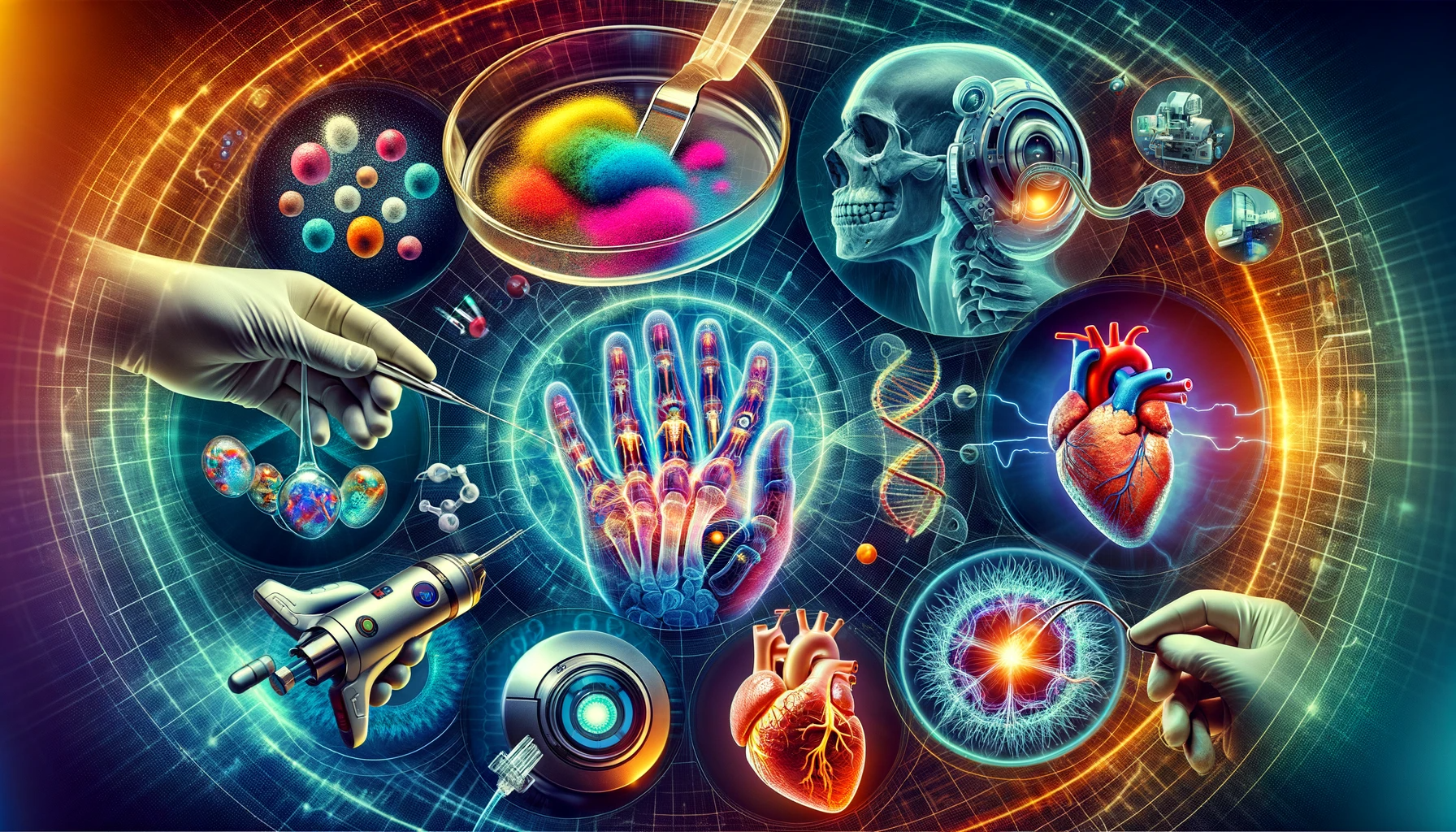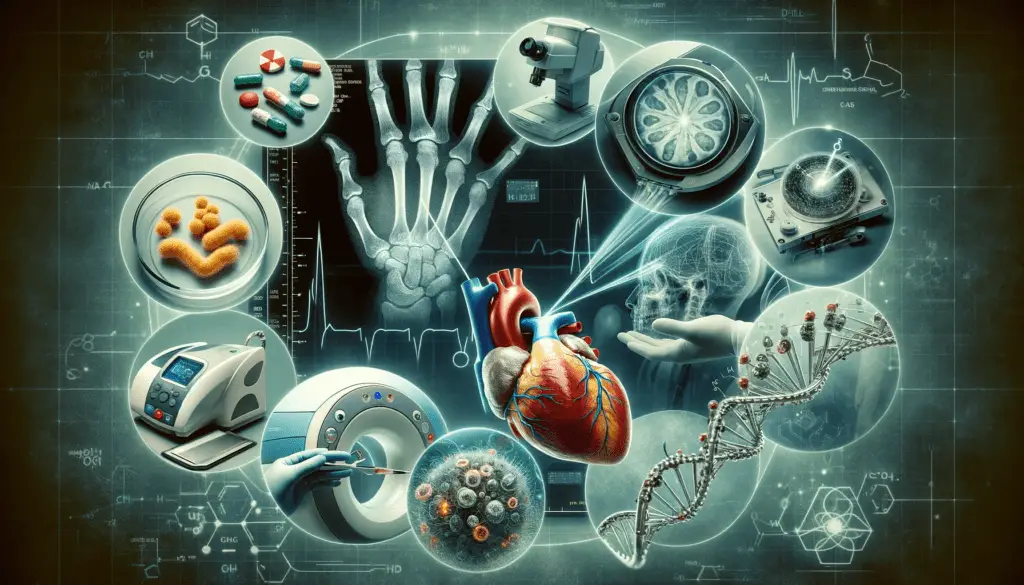top 7 Revolutionary Inventions That Redefined Healthcare

In the realm of healthcare, innovation has been a constant driving force, propelling medical practices into new horizons of efficacy and efficiency. Over the decades, certain inventions have stood out, not just for their ingenuity but for their profound impact on both the medical community and patients worldwide. This article delves into seven groundbreaking medical inventions that have reshaped the landscape of healthcare, offering insights into their development, applications, and lasting influence on our lives.


1- Penicillin: The Birth of Antibiotics
Penicillin, discovered by Alexander Fleming in 1928, marked the advent of antibiotics, revolutionizing the treatment of bacterial infections. This serendipitous discovery transformed medical practice, drastically reducing mortality rates from bacterial diseases and setting the stage for the development of a myriad of other antibiotics.
2- The X-ray Machine: A New Vision in Diagnostics
Invented by Wilhelm Conrad Roentgen in 1895, the X-ray machine provided an unprecedented view inside the human body without invasive procedures. This pivotal invention not only enhanced diagnostic accuracy but also paved the way for more advanced imaging technologies.
3- The Pacemaker: Pioneering Cardiac Regulation
The development of the pacemaker in the 1950s offered a lifeline to patients with irregular heart rhythms. This device’s ability to regulate the heartbeat has saved countless lives and has undergone numerous advancements to enhance its functionality and patient compatibility.
4- Magnetic Resonance Imaging (MRI): Advancing Beyond X-rays
Introduced in the 1970s, MRI technology utilizes magnetic fields and radio waves to produce detailed images of the body’s internal structures. Its ability to visualize soft tissues has made it invaluable in diagnosing a wide range of conditions, from brain tumors to spinal cord injuries.
5- The Artificial Heart: Pushing the Boundaries of Cardiology
The development of the artificial heart, particularly the first successful implant in 1982, represented a major leap in treating heart failure. This invention offered a new lease on life for patients awaiting heart transplants and continues to evolve with advancements in biocompatible materials and design.
6- Laser Surgery: A Precise and Minimally Invasive Technique
Laser surgery, which gained momentum in the late 20th century, has transformed numerous surgical procedures. Its precision and reduced invasiveness have resulted in faster patient recovery times and fewer complications, particularly in areas like ophthalmology and dermatology.
7- CRISPR-Cas9: A New Era in Genetic Editing
CRISPR-Cas9 technology, developed in the 21st century, has introduced groundbreaking possibilities in genetic engineering. This tool allows for precise editing of DNA, holding immense potential for treating genetic disorders and advancing personalized medicine.
Conclusion
The landscape of medical technology is ever-evolving, with each invention pushing the boundaries of what’s possible in healthcare. These seven medical innovations not only revolutionized treatment and diagnosis but also opened doors to new realms of research and development, underscoring the incredible potential of human ingenuity in the pursuit of better health and well-being.






